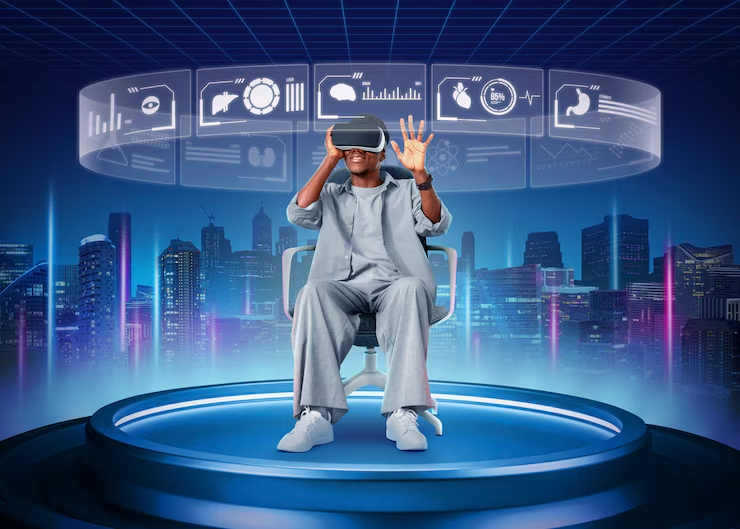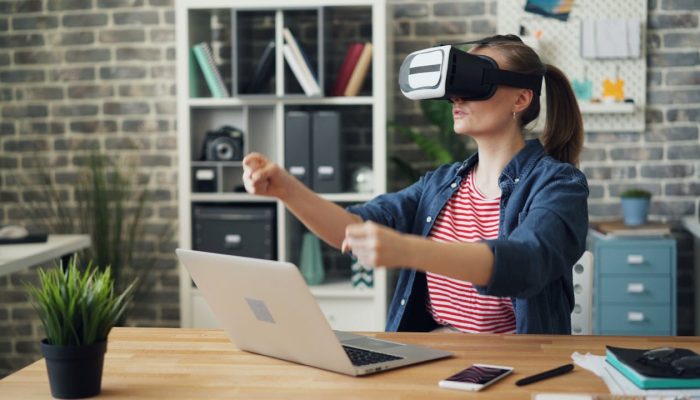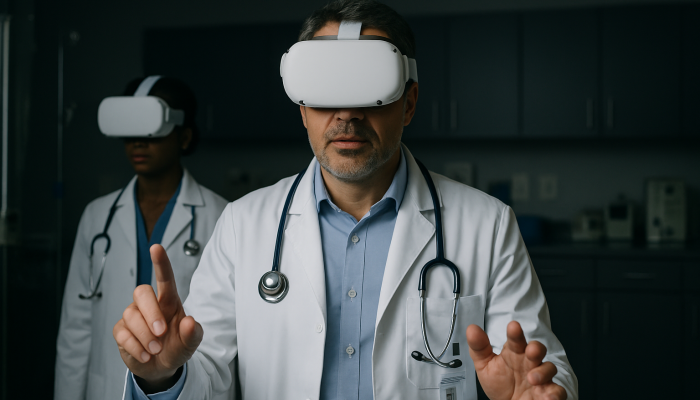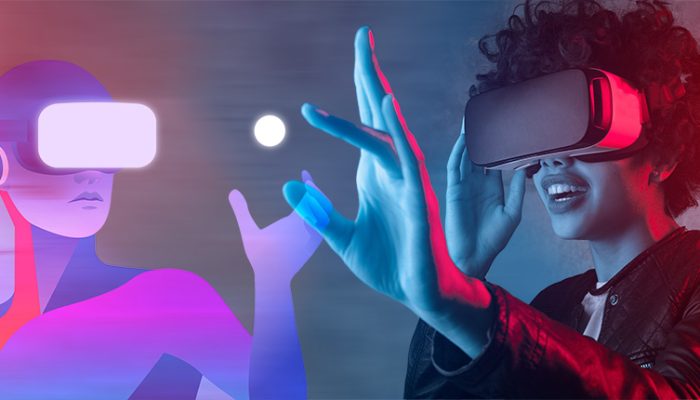Test smarter, launch better, and succeed in mixed reality ?
Creating immersive experiences isn’t just about design or hardware. It’s about testing how real users actually feel and interact inside VR, XR, or MR environments.

The most common reasons users leave early :
- Motion Sickness or Disorientation
- Often caused by poor frame rates, incorrect camera movement, or sudden transitions.
- Often caused by poor frame rates, incorrect camera movement, or sudden transitions.
- Unintuitive or Complex Controls.
- Confusing input systems that break immersion and frustrate users.
- Weak Onboarding or Lack of Guidance
- Users don’t know what to do, where to go, or how to interact.
- Glitches, Lags, and Technical Bugs
- These instantly damage trust and disrupt the immersive flow.
What We Focus on in VR/XR/MR Testing
- Comfort & Motion Flow
- We test for smooth locomotion, reduced dizziness, and natural transitions.
- Interaction & Input Testing
- Ensuring gestures, controllers, gaze, and hand tracking work intuitively.
- Onboarding & Tutorial Flow
- Guiding users from the first second with clear, responsive instructions.
- Performance Under Load
- Monitoring how the app behaves in heavy or complex environments.
- Monitoring how the app behaves in heavy or complex environments.
- Hardware Compatibility
- Cross-device QA for Meta Quest, HTC Vive, Pico, Hololens, PSVR, and more.
- Environmental Testing
- Testing real-world lighting, movement, room-scale tracking, and play areas.
Key QA Checks for XR, VR, and MR Applications :
- Frame Rate & Responsiveness
- Stable 72–120 FPS with no noticeable latency or jitter.
- Thermal & Battery Performance
- Preventing overheating or fast battery drain during prolonged use.
- Audio-Visual Syncing
- Perfect alignment of visuals, UI prompts, and spatial audio.
- Scene Complexity Handling
- Testing how well the app manages multiple 3D objects and animations.
Contact Us
Fill out the form below and we will
contact you as soon as possible!




